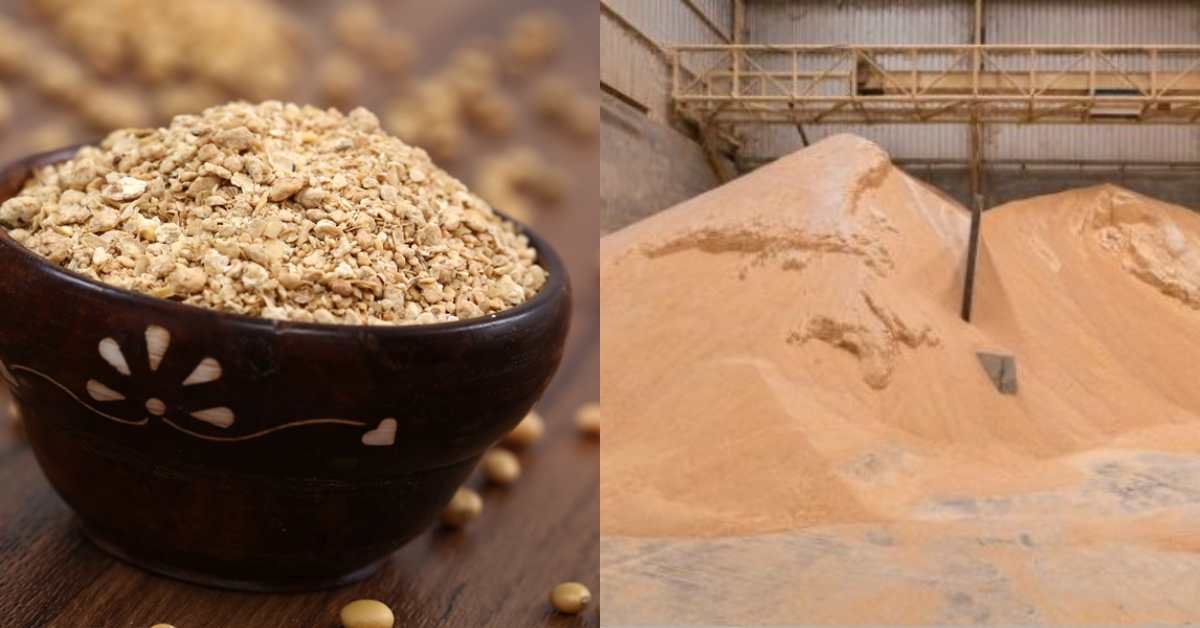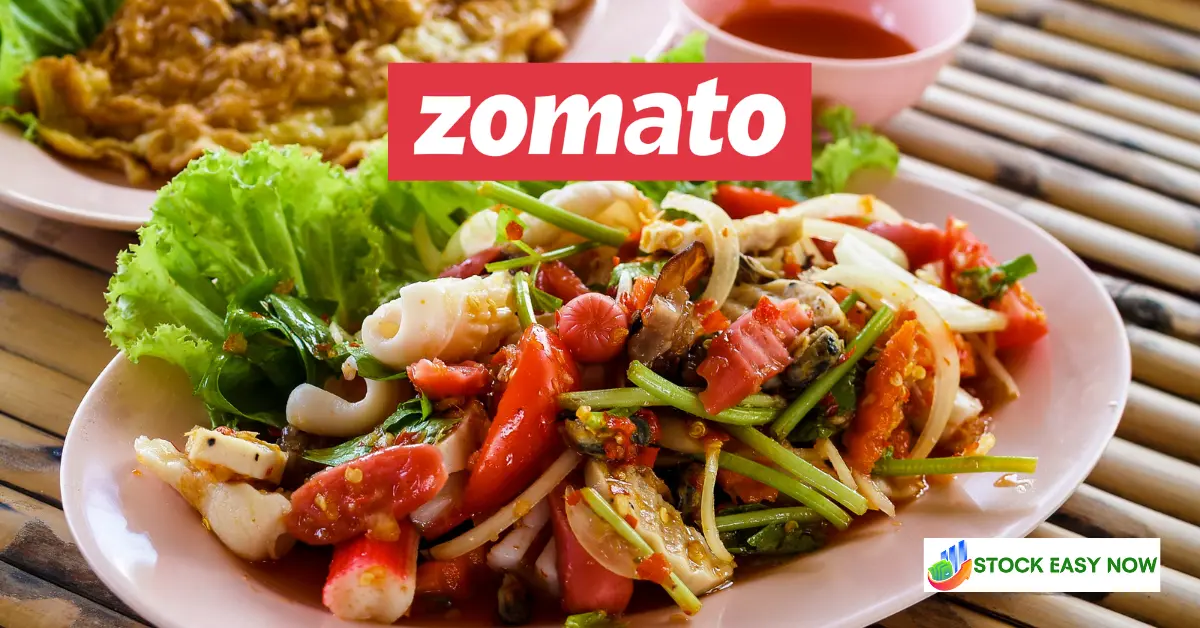India saw an increase of 29.89% in oil meal exports in the first seven months of 2023–24, from 19.75 lakh tonnes (lt) in the same period in 2022–23 to 25.66 lakh tonnes (lt).
In October 2023, the Solvent Extractors’ Association of India (SEA) reported that oilmeal exports reached 2.89 lt, up 36% year-over-year (y-o-y), from 2.13 lt in October 2022.
The increase in exports of rapeseed meal and soya bean meal, according to BV Mehta, Executive Director of SEA, was partly responsible for the revival of soybean meal exports.
Soya bean meal
He stated that price competitiveness has contributed to the rise in Indian soybean meal exports, citing the rise in demand for Indian soybean meal abroad.
From April through October of 2023–24, India exported 6.73 liters of soy meal, compared to 1.61 liters the previous year.
As of November 16, the price of soybean meal was $570 per tonne, whereas the price of soybean meal from Argentina was $606 per tonne. In recent months, the export of Indian soya bean meal has increased due to its price competitiveness.
He claimed that the majority of Indian soya-bean meal customers are in Southeast Asia and that India has a logistical advantage over these regions due to its ability to supply in small quantities. Indian soya bean meal has an advantage and is preferred in some European countries because it is non-GMO.
Meal made with rapeseed
During April–October 2023–24, India exported 15.13 lt of rapeseed meal, compared to 13.39 lt the previous year.
At $325 per tonne (f.o.b. India), he claimed that India is the most affordable supplier of rapeseed meal to South Korea, Vietnam, Thailand, and other Far-East nations. A quote for $335 per tonne of Hamburg-ex-mill rapeseed meal was provided.
In 2022–2023, India exported 22.96 litres of rapeseed meal. He claimed that this was the highest since India started exporting rapeseed meal.
Ban on rice bran hurts
However the processing industry is suffering, according to Mehta, because exporting de-oiled rice bran is prohibited.
India primarily exports 5–6 liters of de-oiled rice bran to Bangladesh, Thailand, and Vietnam each year. India shipped about 1.5 liters between April and July of 2023–2024.
He said that the Union government’s decision to forbid the export of de-oiled rice bran from July 28 to November 30 had a significant negative impact on domestic rice bran processors. The Union Minister for Fisheries, Animal Husbandry, and Dairy, Parshottam Rupala, has received a letter from SEA pleading with the government to lift the ban on the export of de-oiled rice bran and not to prolong it past November 30.
Compared to 1.89 lt the previous year, India exported 2.13 lt of castor seed meal in the first seven months of 2023–2024.
leading importers
Compared to 5.60 lt the previous year, South Korea imported 5.22 lt of oilmeals from India between April and October of 2023–2024. 24,908 tonnes of soybean meal, 1.22 tonnes of castor seed meal, and 3.75 tonnes of rapeseed meal were among them.
India shipped 3.10 lt of oilmeals (compared to 3.67 lt in the same period of the previous fiscal year) to Vietnam between April and October of 2023–2024. This comprised 1.69 lt of rapeseed meal, 49,180 tonnes of soybean meal, 90,540 tonnes of rice bran extraction, and 905 tonnes of groundnut meal.
In 2023–24, Thailand imported 4.41 lt (3.90 lt) of oilmeals from India in the first seven months. Included in this were 701 tonnes of castor seed meal, 4,666 tonnes of rice bran extraction, 6,789 tonnes of soybean meal, and 4.29 liters of rapeseed meal.
India sent 2.06 lt (5.06 lt) of oil meals to Bangladesh between April and October of 2023–2024. This included 2.73 liters of rapeseed meal, 2.05 liters of soybean meal, and 27,771 tonnes of rice bran extractions.





